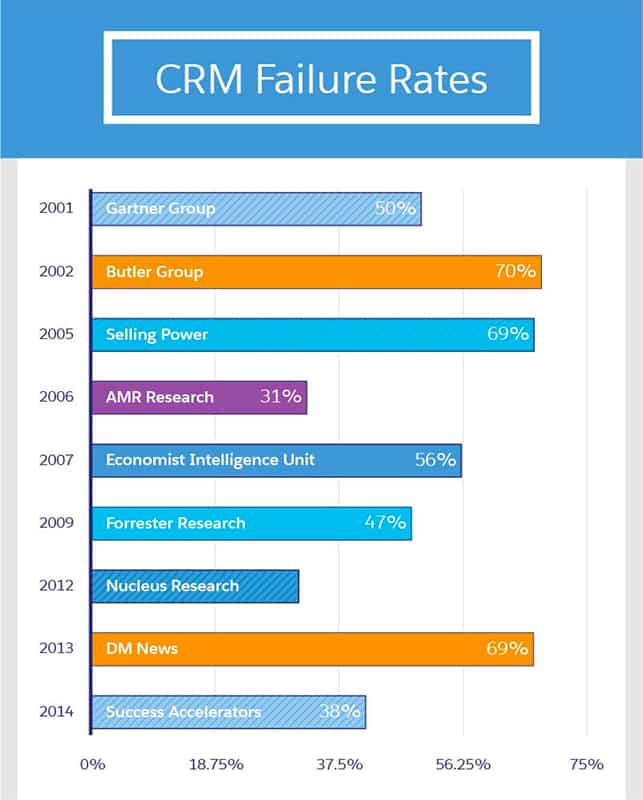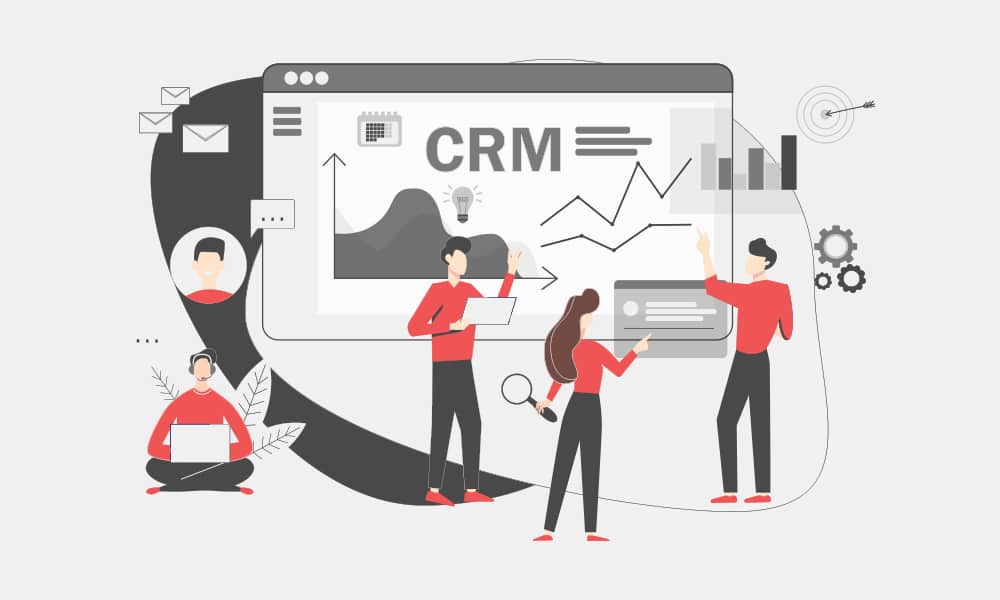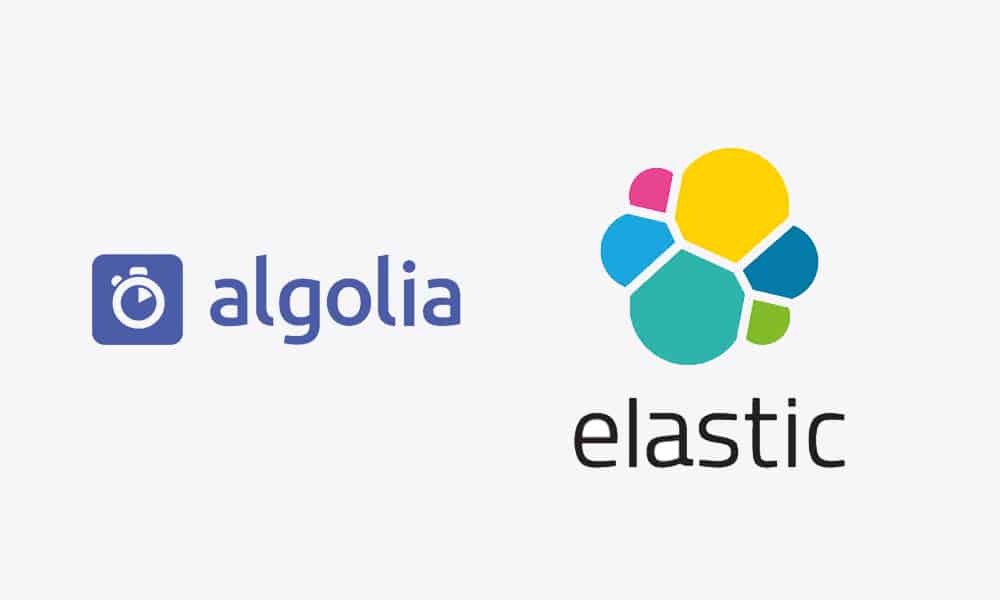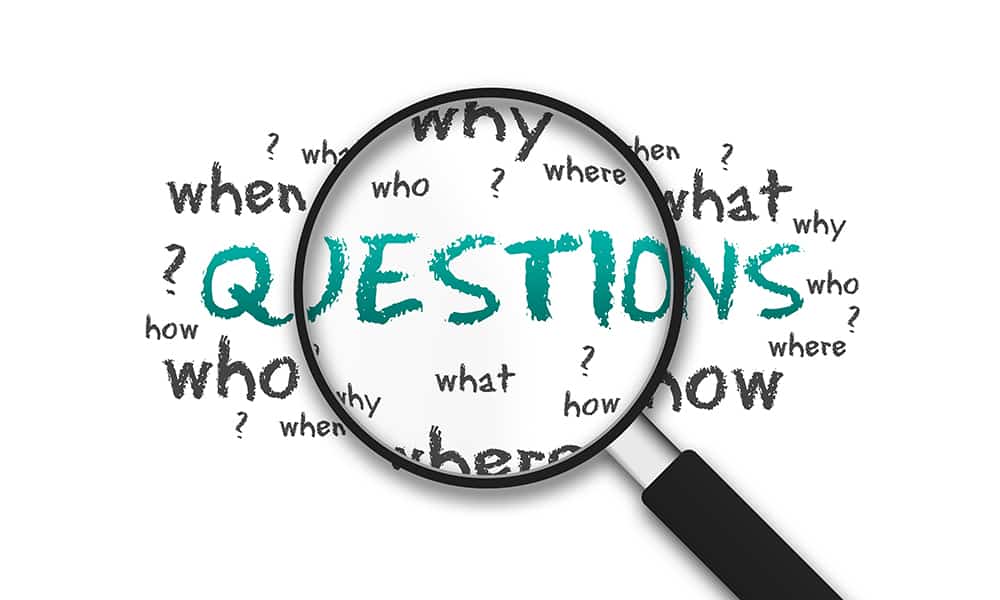In this article, I’ll try to help you better understand why it’s important not to decide to use an advanced CRM lightly.
What is CMS Systems
CRM stands for Customer Relationship Management.
CRM is not just software with a set of features; it is a natural business philosophy that influences the entire corporate culture, putting customers in the foreground by understanding their needs and requirements and anticipating their behavior.
What a CRM does and what are the advantages of having one
As I mentioned earlier, a CRM allows you to build solid and long-lasting relationships with your customers… but how?
The CRM can store and classify much information of your customers, whether they are individuals or companies.
You may be wondering what kind of information?
CRM systems include collecting basic information such as emails, phone numbers, and social media from the customer.
It can also store customer preferences of (almost) any kind, such as how they prefer to be contacted, collect customer websites and keep up with business activities.
Using a CRM brings three main significant benefits to businesses:
- Smoother and more effective collaboration between different teams will lead to increased business productivity.
- CRM will constantly update marketers, sellers, and customer care on the preferences of customers, or potential customers, of your company. In this way, they will generate targeted interactions and create healthy communication with customers, thus increasing LTV.
- Increasing sales!
Always remember that having the advanced technology of CRM software is not enough…
the CRM stores, classifies, and analyzes the data you feed it; so, quality data increases result exponentially!
CRM and privacy in the age of GDPR
Protecting customer data has always been a challenge for companies, and now more than ever, with the coming into force of the European GDPR.
Using a CRM system might almost seem to conflict with privacy regulations, but after all… what good is a CRM if it can’t collect and analyze that “sensitive” data about our customers?
In reality, all it takes is following some simple guidelines to respect customer privacy.
There are three main legal grounds for personal recording data about a contact person in a CRM system:
- The data subject has given consent to the processing of their data for one or more purposes.
- The processing is necessary for the performance of a contract to which the data subject is party or the implementation of pre-contractual measures taken at the data subject’s request.
- Processing is necessary for pursuing the legitimate interests of the controller or a third party, provided that the interests or fundamental rights and freedoms of the data subject that require personal data protection do not prevail, mainly where the data subject is a child.
12 Features that a CRM cannot give up
There are some features that a CRM cannot give up to be called as such.
Let’s see below what they are:
- Contact Management: Keeps data and contacts about users in a database in which it can be easy to search for information.
- Lead Management: Manage the process of converting a prospect into a potential customer through scoring systems and sales pipelines.
- Integration capability: A good CRM should be able to communicate with external applications.
- Reports and Analytics: Visualize everything that happens in your business with daily, weekly, or monthly reports to improve business processes management.
- Workflow automation: make repetitive actions automatic.
- Sales process automation: Automate and optimize various sales functions to standardize business processes.
- Pipeline Management: Visualize the progress of the entire sales pipeline and the status of each stage in the sales funnel.
- Document Management: Collect, upload, store, and share documents in one place, making information accessible to the right people
- Customization: It should be the CRM that adapts to your needs and not the other way around. That’s why you should not underestimate the customization option when choosing a CRM.
- Email integration: The CRM should integrate with email services allowing the management and segmentation of contact lists.
- Admin control panel: Dashboard of all business-related settings such as add/edit/delete users, view analytics, add API settings, send newsletters, view reports, edit logo, CSS, and perform any other administrative function.
- Account management: Capture and organize business information for better management of relationships and processes.
Other features you may want to consider adding to your CRM
Above there are some features that, in my opinion, are essential ones that a CRM must-have, but, depending on your needs, you may decide to add many others such as:
- Ticket management
- Facebook CRM
- File Manager
- Calendar
- Notifications
- Territory management
- Forecast management
- Deals management
- Web to lead
- Product management
- Surveys
- (and many others)
The 4 main types of CRM
Each company works in its way and has different needs to which CRM should adapt and not the other way around.
The purpose of a CRM is always the same: to better understand your customers or future customers, but that doesn’t mean everyone should use the same one.
There are four main types of CRM: analytical, operational, strategic, and social.
- Analytical CRM
Analytical CRM focuses on the acquisition and interpretation of data obtained from your business.
The study and analysis of this data make it possible to produce valuable reports, make sales forecasts, predict trends for specific customer segments, and provide enormous advantages for the strategies for lead generation.
What types of companies is it recommended for?
By offering detailed statistics, analytical CRM is best suited to companies operating in a competitive environment and making large sales. - Operational CRM
Operational CRM focuses on automating marketing, sales, customer service, and after-sales service, taking advantage of communication channels such as websites, email, social networks, forums, etc.
What kind of companies is it recommended for?
Operational CRM is more appropriate for eCommerce or companies based on vertical sales systems, therefore realities with many sales and recurring and a short sales process. - Strategic CRM
Strategic CRM focuses on developing a client-centric business philosophy to gain and maintain high profitability and retain them with the brand by creating interactions and offers.
What types of companies is it recommended for?
Strategic CRM is suitable for companies where the actual product is the company’s brand. - Social CRM
Social CRM integrates communication technologies (such as email, social networks, calls, etc..) with two objectives: Optimize customer relationships and facilitate communication between teams, external stakeholders, distributors, and suppliers to continue to improve customer experience.
To what types of companies is it recommended?
Social CRM is more suitable for companies that operate in a hyper-fast market. Therefore, the creation and presentation of new products are essential for the company’s success.
The CRM Implementation process
Implementing a CRM system within a company is not exactly a walk in the park!
That’s because I want to remind you that CRM is not just software but a real business philosophy and needs hard work and collaboration to work.
Taking the topic under wraps, more than 50% of companies fail in their plans to adopt a CRM.
The infographic below shows us the main mistakes that lead to failure.

In short, if choosing the type of CRM and its functionality seemed like the biggest hurdle to overcome, you now have a new challenge!
How much does a CRM cost, and how much time does it take to get it
The answer to both questions is: it depends!
Costs and time depend on the size of your company, what is goal you want to achieve, the features you might want to implement.
You may find it appropriate to have a team of developers create your company’s personal CRM, or you may prefer to adopt existing CRM solutions on the market.
Also, in this case, time and costs would be variable.
One thing is for sure!
Regardless of cost and time, a CRM used in the right way is a successful investment for any company.
If you want to keep more about CRM, you can read this article on Wikipedia.



